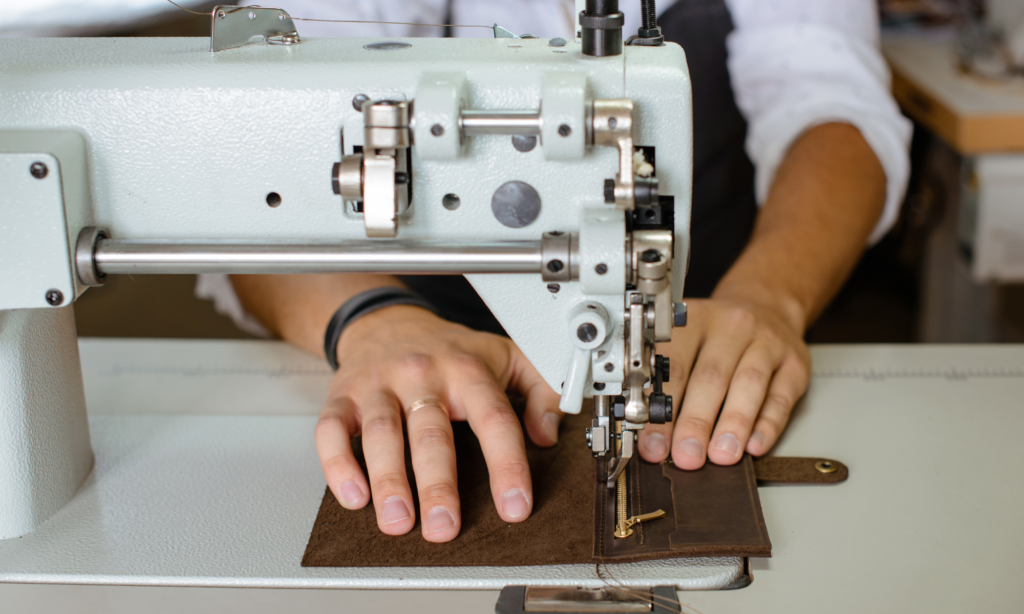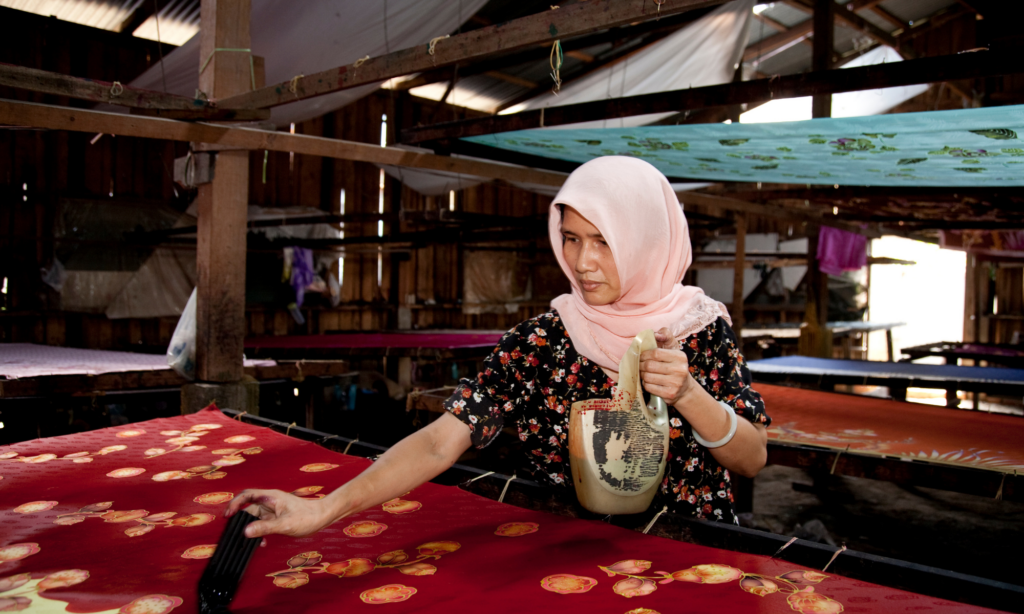Sustainable Fashion Trends: Shaping the Future of Style
.


.
In today’s ever-evolving world, fashion is making a significant shift towards sustainability. As climate change and environmental concerns take center stage, it’s no wonder that consumers and the industry alike are reevaluating their practices.
Circular Fashion Economy


The concept of a circular economy is gaining momentum. Instead of the traditional linear model where clothing is produced, worn, and discarded, the circular approach aims to reduce waste and extend the life of garments. Brands are taking on the challenge of designing products with recyclability in mind and encouraging customers to repair and recycle their clothes.
Thrifting and Second-hand Shopping


Vintage and thrift shopping is making a massive comeback. Not only does it offer unique and often high-quality pieces, but it also minimizes the environmental impact of new clothing production. Thrift stores, consignment shops, and online marketplaces for pre-loved fashion are thriving.
Eco-friendly Fabrics


There is a growing use of eco-friendly materials, such as organic cotton, Tencel and recycled fabrics. Brands are moving away from synthetic, petroleum-based textiles and embracing natural and renewable alternatives. Sustainable fabrics are not only environmentally responsible but also more comfortable to wear.
Local and Artisanal Production


The shift towards local and artisanal production is helping reduce the carbon footprint of the fashion industry. Supporting local artisans not only preserves traditional craftsmanship but also helps reduce transportation emissions associated with global supply chains.
Mindful Consumerism


The fashion world is experiencing a shift towards conscious consumerism. More people are opting for quality over quantity, investing in timeless pieces that will last. This shift away from fast fashion is essential for reducing overconsumption and the resulting textile waste.
Transparent Supply Chains


Transparency in supply chains is increasing. Brands are being held accountable for their practices, from production to labor conditions. Consumers are increasingly demanding information about where and how their clothing is made.
As sustainability becomes an integral part of the fashion industry, it is clear that these trends are not fleeting but here to stay. Fashion lovers and brands alike are embracing the idea that style can be beautiful, functional, and environmentally responsible. These trends serves as a testament to the exciting changes happening within the fashion world and its commitment to a more sustainable future.